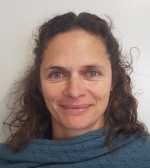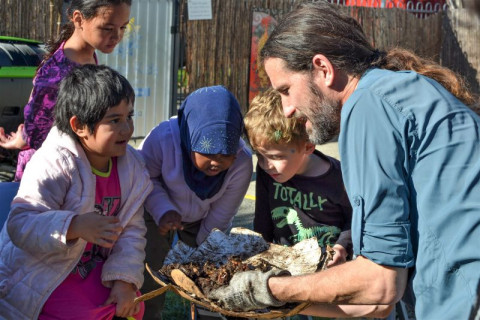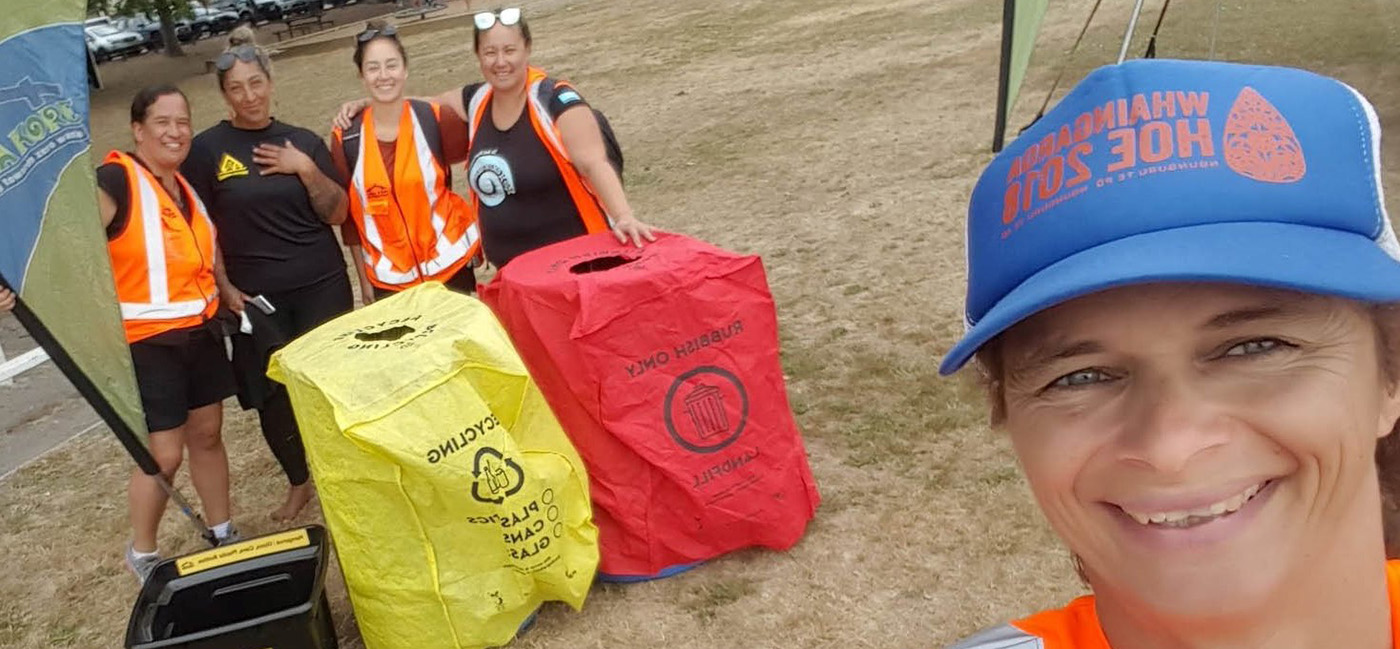 “People love how we use tikanga and te reo Māori to think about resource extraction and disposal and how it impacts our natural world.”
“People love how we use tikanga and te reo Māori to think about resource extraction and disposal and how it impacts our natural world.”
- Jacqui Forbes, Para Kore
Pare Kore teaches whakapapa through rubbish.
Kaihautū matua Jacqui Forbes says Para Kore’s mission to educate and advocate for zero waste from a Māori worldview perspective has helped rid 571 tonnes of waste from landfill, a reduction of 67 per cent, since the programme started in 2009.
“The Māori world view is that I am the mountain and the mountain is me; I am the river and the river is me; I am you and you are me.
 “We teach that the natural world is an endless cycle, and what we use and then throw away comes from the natural world. Therefore, all waste is precious.
“We teach that the natural world is an endless cycle, and what we use and then throw away comes from the natural world. Therefore, all waste is precious.
“People love how we use tikanga and te reo Māori to think about resource extraction and disposal and how it impacts our natural world. The feedback we get is really positive: that people know where they are from and that kaitiakitanga, caring for Papatūānuku, is important if we are to live and thrive in a world of abundance, without waste, as we did many, many generations ago.”
Para Kore (which means zero waste) was initiated by past kaimahi of Waikato Regional Council in 2008. It’s zero waste principles are that waste, pollution and resource depletion are designed out, while job creation, economic prosperity and resource abundance are designed in.
“We encourage a world where no waste is generated in the first place. Some marae, when they see the type of plastic waste they are dealing with, will ban certain items like plastic drink bottles. Plastic never breaks down. It can’t be absorbed by Papatūānuku or Tangaroa.
“We encourage people to buy local, garden or buy unpackaged food, and phone your businesses and companies to enquire about their waste generation or packaging choices. This can make a difference; people will listen.”
What started as a pilot for three marae has now reached more than 540 marae, kura, kōhanga and other community and business organisations across the country, with support from Waikato Regional Council along the way.
“Not just financial support but in-kind support as well,” says Jacqui. “The regional council created a waste strategy and has fought very hard to have an overview approach when it comes to the management of waste in this region.”
The regional council is currently supporting Para Kore with a three-year funding deed to deliver its zero waste education programme to marae, community, schools and organisations in the Waikato rohe, and trialling a specific Waikato Poukai Marae waste minimisation pilot and īkura (menstruation) wānanga within the region.
It’s also supporting Para Kore to produce a series of videos on zero waste principles from a Māori world view.
“The ongoing growth of Para Kore has been very satisfying,” says Jacqui.
“We are through to a different place. The longer we keep going the more difference we can make.”



To ask for help or report a problem, contact us
Tell us how we can improve the information on this page. (optional)